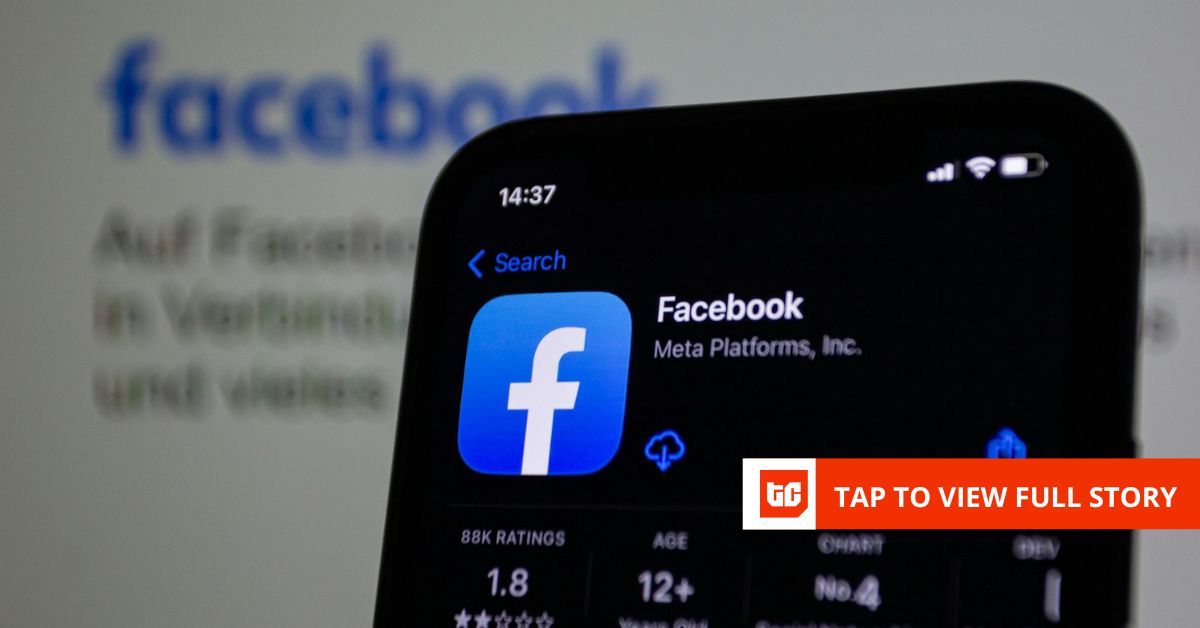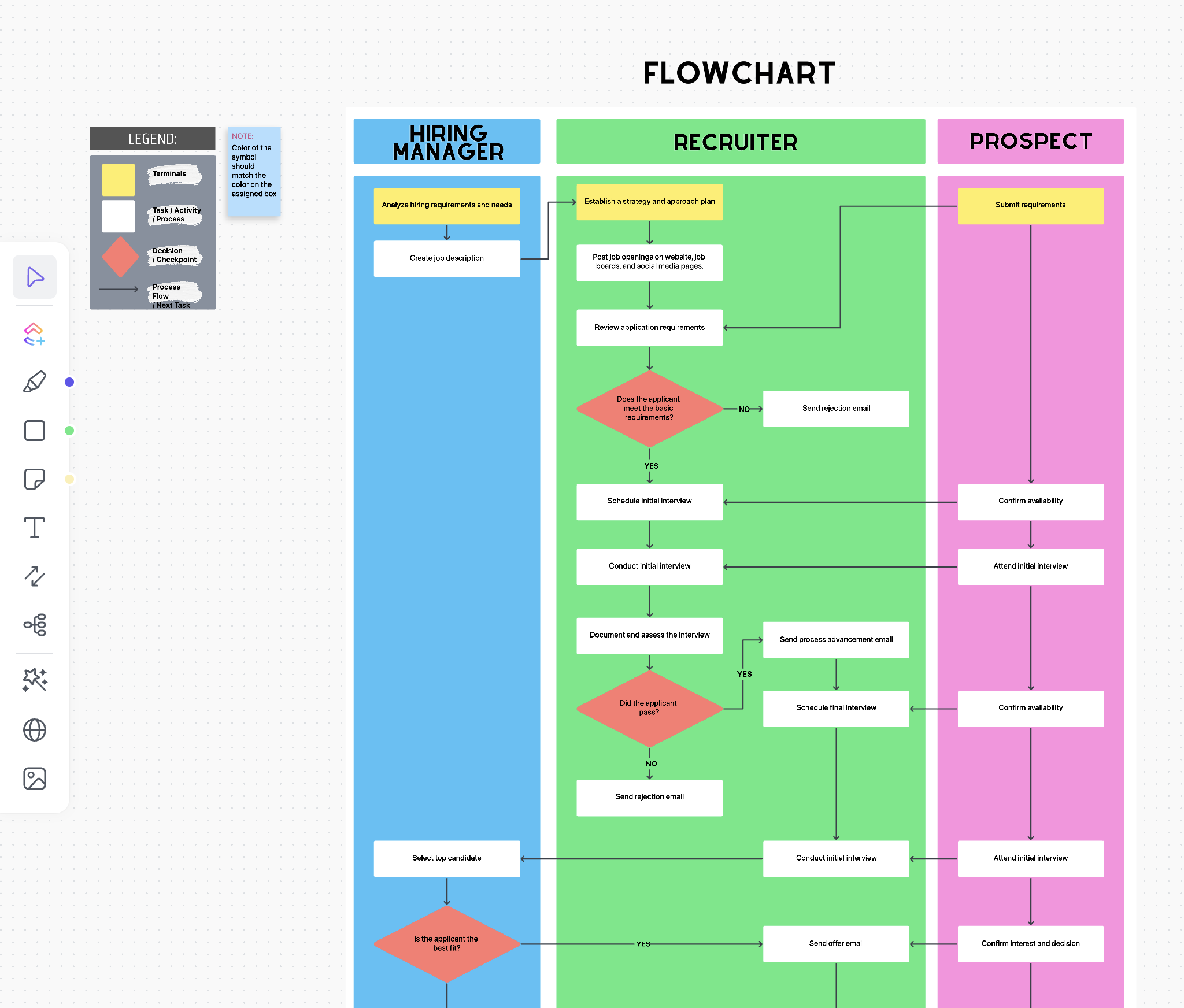Nigeria’s domestic internet traffic has hit a record high of 1 terabit per second — enough to stream over 200,000 high-definition videos at the same time— driven by a surge in video consumption across platforms like Facebook, TikTok, and YouTube, according to the Internet Exchange Point of Nigeria (IXPN). The milestone, reached in March 2024, marks the highest traffic level since its inception in 2007.
This growth highlights Nigeria’s emergence as Africa’s second-largest internet hub and reflects a broader trend toward local content delivery, which is helping to lower costs and improve speeds in one of the continent’s most connected nations. The traffic now routed through IXPN—a key digital infrastructure that allows internet service providers and content platforms to exchange data locally—signals a shift from reliance on international bandwidth to domestically hosted services.
“1 terabit per second means that 1 million people can concurrently make phone calls and Zoom meetings,” IXPN CEO Muhammed Rudman said at an event on Tuesday, April 22. “It also means 200,000 people can watch local videos or Netflix at the same time. Without an internet exchange point, this traffic would have been going out of Nigeria.”
Nigeria now ranks as the second-largest internet exchange hub in Africa, behind only South Africa, which handles over 4 terabits per second. Key to this growth is the rising demand for video content.
As of early 2025, Nigeria has 38.7 million active Facebook users, 37.4 million TikTok users, and 27 million YouTube users, according to DataReportal. In October 2024 alone, YouTube reported a 55% year-on-year increase in watch time among Nigerian users aged 18 and above, reaching more than 30 million people. TikTok and Facebook record similar growth, with video content continuing to dominate usage patterns. Most of this increasing data load is being routed locally through IXPN.
When IXPN was launched in 2006 with operational activities kicking off in 2007, traffic levels were minimal—between 5 and 10 megabits per second—because Nigerian providers depended heavily on international connections like SAT-3 or satellite services. Without a local internet exchange, most traffic had to be routed abroad, which slowed down services and increased costs.
Things began to shift in 2009 when Google signaled its interest in peering with IXPN. The actual connection in 2011 proved transformative, increasing traffic from under 20 Mbps to over 120 Mbps by 2012. This upward trend continued rapidly, hitting 600 Mbps within a year. By 2019, IXPN traffic had reached 126 gigabits per second, climbing further to 900 Gbps by December 2024. The latest milestone of 1 Tbps in March 2024 highlights how far Nigeria’s internet ecosystem has come.
This surge in internet traffic has been driven not only by growing user demand but also by critical infrastructure investments, particularly the expansion of local data centers and direct interconnection agreements with global content giants like Google, Facebook, Microsoft, Amazon, Starlink, TikTok, and Netflix, all of which now peer with the Internet Exchange Point of Nigeria (IXPN).
“Some of these companies are already exchanging between 10% and 30% of their traffic locally, with a few reaching up to 70%,” said Rudman. “Imagine an ISP with 1,000 subscribers consuming 1 gigabit of data. If 700 megabits of that traffic is routed through IXPN and only 300 goes to the upstream provider, the cost savings are substantial.”
By localising content and keeping more data within Nigeria’s borders, these partnerships are improving internet speeds, reducing latency, and making broadband more affordable for millions of users. It’s a win-win for service providers and consumers alike,— one that signals Nigeria’s accelerating shift toward a more self-reliant internet ecosystem.












